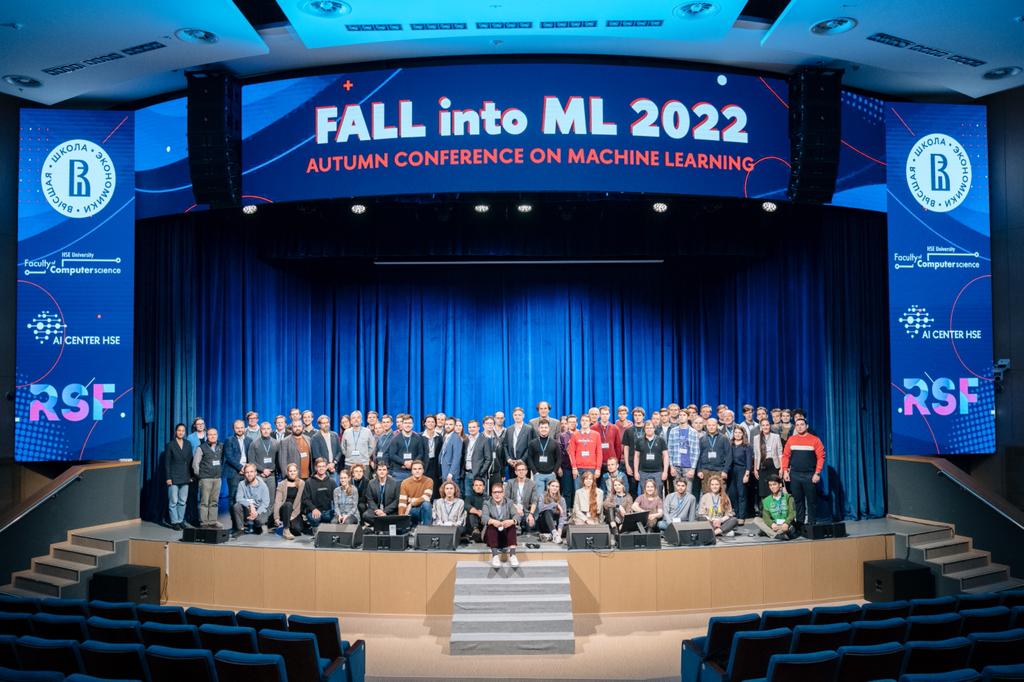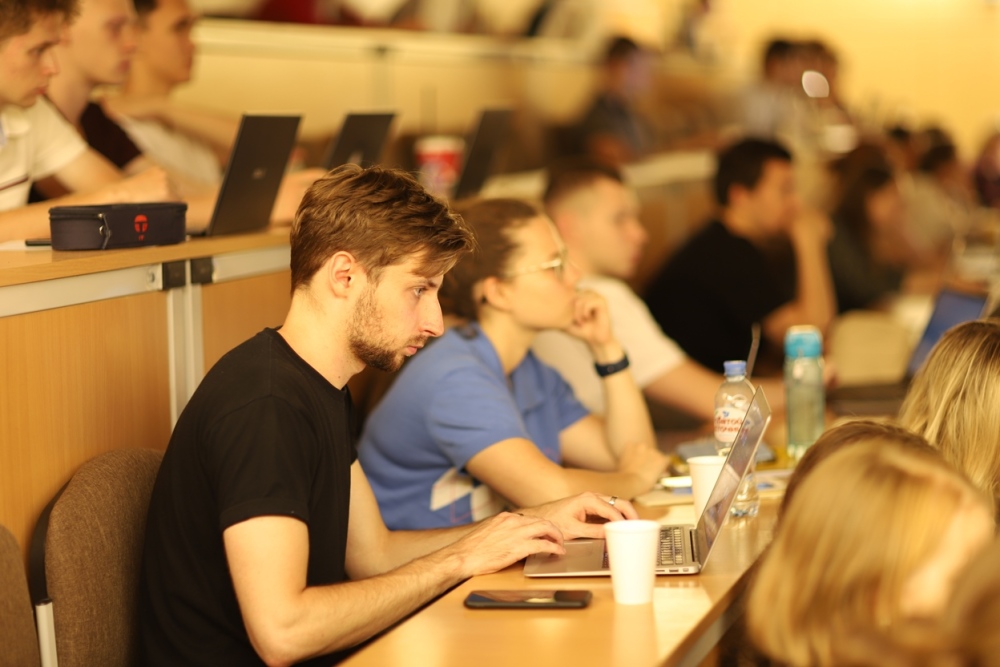
Joint Project of Scientists from HSE University and Surgut State University to Help Prevent Recurrent Heart Attacks and Strokes
One of the winning projects of a competition held by HSE University’s Mirror Laboratories last June focuses on the use of machine learning technologies to predict the outcomes of acute coronary syndrome. It is implemented by HSE University’s International Laboratory of Bioinformatics together with the Research and Educational Centre of the Medical Institute at Surgut State University. Maria Poptsova, Head of the International Laboratory of Bioinformatics and Associate Professor at HSE University’s Faculty of Computer Science, talks about how this joint project originated, how it will help patients, and how work to implement it will be organised.

‘Interest in the Application of Machine Learning in Bioinformatics Is Growing by the Year’
On August 28–30, HSE University’s Faculty of Computer Science held the 4th Summer School on Machine Learning in Bioinformatics. This year, 670 people registered for the event, and over 300 visited in person. The programme included lectures and seminars on various spheres of bioinformatics: applied bioinformatics and the bioinformatics of DNA, RNA, and proteins; elementary genomics; modern methods of data analysis and molecular biology. The lectures were complemented by practical tasks aimed at different levels of knowledge.

Fall into ML 2023: HSE University’s Faculty of Computer Science Organises Conference on Machine Learning
On October 26–28, HSE University’s Institute of Artificial Intelligence and Digital Sciences at the Faculty of Computer Science will hold a conference titled Fall into ML 2023 withsupport from the HSE University AI Research Centre . The event is dedicated to promising directions of fundamental AI development.

HSE Researchers Examine Wellbeing of Russian Social Media Users and Rank Public Holidays by Popularity
Researchers of the HSE Graduate School of Business trained a machine-learning (ML) model to infer users' subjective wellbeing from social media posts. Having processed 10 million tweets, the researchers compiled a rating of holidays celebrated in Russia based on their popularity. The New Year tops the list, but Russian-speaking users of Twitter are also happy to celebrate Defender of the Fatherland Day, International Women's Day, and Halloween. The study findings have been published in PeerJ Computer Science.

HSE University and Sber Researchers Increase Speed of Gradient Boosting Algorithm
A group of researchers from the HSE Faculty of Computer Science and the Sber AI Lab has increased the speed of gradient boosting, one of the most efficient machine learning algorithms. The proposed approach will make it possible to solve classification and regression problems faster. The results of the work were presented at the NeurIPS conference.

Machine Learning Algorithm to Reduce Tester Workload
Researchers from HSE University and the Russian Technological University (RTU MIREA) have developed an intelligent system to automate software testing on a variety of platforms. Its computer vision feature is capable of recognising elements in a graphical user interface even after a redesign. The details are published in the Journal of the Siberian Federal University.

HSE University Hosts Third Summer School on Machine Learning in Bioinformatics
Between August 23rd and 25th, the HSE Faculty of Computer Science held its annual summer school on machine learning in bioinformatics. After two years of being held online, the school returned to an offline format for this year. Over three days, more than 120 participants attended lectures and seminars by leading experts in the field from institutions such as HSE University, Skoltech, AIRI, MSU, MIPT, Genotek, and Sber Artificial Intelligence Laboratory.

Machine Learning Helps Improve Perovskite Solar Cells
A team of researchers from HSE MIEM, LPI RAS, and the University of Southern California have applied machine learning to the analysis of internal defects in perovskite solar cells and proposed ways to improve their energy efficiency. The findings of the study performed on the Cs2AgBiBr6 double perovskite can be used to develop more efficient and durable perovskite-based materials. The paper has been published in the Journal of Physical Chemistry Letters.

HSE Faculty of Computer Science and Skoltech Hold Math of Machine Learning Olympiad 2022
HSE's Faculty of Computer Science and the Skolkovo Institute of Science and Technology have held the Mathematics of Machine Learning Olympiad for the fifth time. The participants competed for prizes and the opportunity to matriculate at two universities without exams by enrolling in the HSE and Skoltech joint master's programme in Math of Machine Learning.

Helping the Homeless with AI Technology
A research team from the HSE University Artificial Intelligence Centre led by Ivan Yamshchikov has developed a model to predict the success of efforts to rehabilitate homeless people. The model can predict the effectiveness of the work of organisations for the homeless with about 80% accuracy. The project was presented at a conference dedicated to the activities of social centres.


Application deadline: June 23, 2025